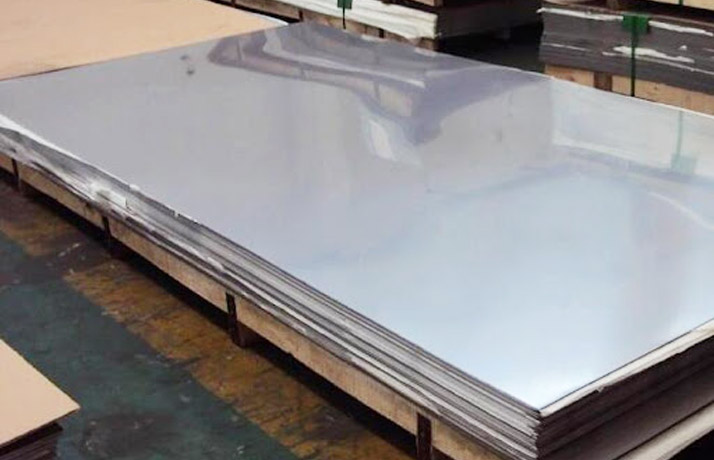
Name: Industry News
The global stainless steel sheet export market is poised for significant changes in 2025, driven by shifting trade patterns and evolving industrial demand. This analysis examines key trends in stainless steel sheet exports, provides a comprehensive market analysis, and offers a data-driven price forecast for the coming year.
Market Analysis: Key Trends Shaping 2025 Exports
1. Regional Demand Shifts
Southeast Asia emerging as fastest-growing import region (projected 8-10% growth)
Traditional European markets stabilizing with 3-5% demand increase
North American imports expected to decline slightly due to protectionist policies
2. Supply Chain Developments
Chinese exports maintaining dominance (55-60% market share)
Indian and Indonesian producers gaining traction in price-sensitive markets
EU carbon border tax impacting cost structures
3. Product Mix Evolution
304-grade sheets remaining mainstream (65% of total exports)
316L demand growing in chemical and marine applications
Thinner gauges (0.3-1.0mm) gaining popularity in electronics sector
Price Forecast for 2025
Q1 2025: Expected to stabilize at $2,300-$2,500/ton (FOB Asia)
Mid-year: Potential 5-7% increase due to nickel price volatility
Year-end: Possible correction to $2,100-$2,300 range as new capacity comes online
Premium for EU-compliant low-carbon products: +15-20% over standard grades
Strategic Recommendations for Exporters
1. Diversify markets to reduce dependence on traditional regions
2. Optimize product mix for high-growth applications
3. Implement cost tracking systems to navigate raw material fluctuations
4. Develop carbon footprint documentation for premium markets
The 2025 stainless steel sheet export market presents both challenges and opportunities. While pricing pressures will persist, exporters who adapt to changing market dynamics and sustainability requirements will maintain competitiveness. Emerging applications in renewable energy and electric vehicles may create new demand pockets worth monitoring closely.